Regime change is coming to Venezuela; it's not a matter of if, but when.
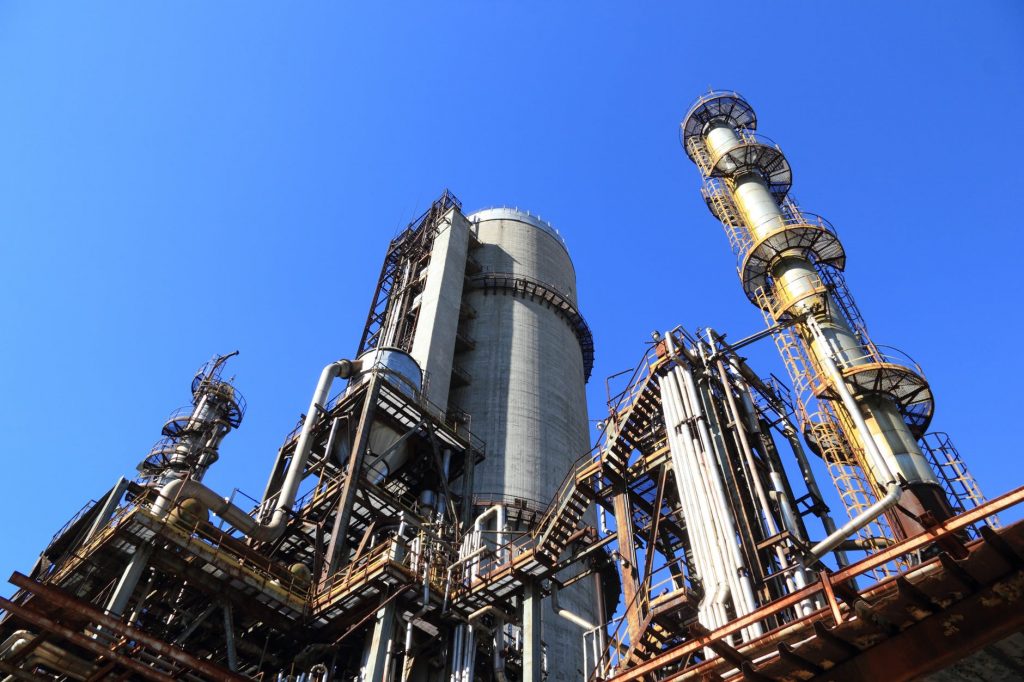
The U.S. government is offering a $15 million dollar reward for information that leads to the arrest of ousted Venezuelean President Nicolas Maduro. He is just one of 14 of the top leaders of the South American nation to have international warrants for their arrests that were unsealed last Thursday.
The new federal indictments claim that Maduro and some former and current officials in his regime “partnered with dissidents of FARC”, a violent rebel group in Colombia, for the last 20 years to engage in drug trafficking, causing "tons of cocaine to enter and devastate American communities."
FARC recently agreed to a ceasefire with the Colombia government after they offered amnesty to the armed communist movement, and participation with the country's processes through politics rather than violent conflict. It is likely that a deal was struck regarding information on President Maduro considering Venezuela's role in providing firearms and other tactical support to the rebel insurgents.
The Venezuelan government is on edge now. On the evening of March 30th, a Venezuelan naval ship confronted a German cruise ship and demanded that they change course. An argument took place about whether the cruise ship was in international waters or not when the Venezuelan Navy opened fired on the private, and unarmed, vessel:
“According to Columbia Cruise Services, staff on the Resolute were trying to inform their head office of the encounter when the Venezuelans opened fire with guns.
“Shortly thereafter, the navy vessel approached the starboard side … and purposely collided with the RCGS Resolute,” the Germany-based company said in a statement.
“The navy vessel continued to ram the starboard bow in an apparent attempt to turn the ship’s head towards Venezuelan territorial waters,” Columbia Cruise Services said.
On April 1st at President Trump’s daily Chinavirus press briefing, General Mark Milley took the podium with some very aggressive wording towards our drug smuggling enemies:
Note how he lists off the vessels being marshaled and put en-route towards South America and even claims there are multiple brigades of Special Operations troops being mobilized to the area.
Is America really concerned with cocaine or is a very obvious regime change occurring? My money is on the latter.
Venezuela is the home of failed socialism and a virtually endless oil supply. With the Oil Wars being fought between Russia and Saudi Arabia, gas prices are plummeting. While that’s good for the daily driver, it’s not good for the energy-centric economy of the U.S. when some of our largest corporations hemorrhage money refining crude oil when prices are this low. Add a global pandemic on top of it, and U.S. security is at risk.
If President Trump wants some skin in this game but doesn’t want to risk our own oil reserves undercut by international conflicts, a place like Venezuela offers a golden opportunity. Oil prices crashing hurts Venezuela more as their economy is totally dependent on oil. When oil prices go down, Venezuela is unable to provide services to their citizens or maintain the military on high alert for extended periods of time.
If the Trump administration wants Maduro out, now is the time.
Maduro is an increasingly unpopular politician within the coastal country with a terrible reputation of silencing political opposition. His socialist policies have failed and he used violence to prevent natural uprisings in response.
But now with an American arrest looming and pressure from the excessive U.S. military presence closing in on him, he may be less likely than ever to leave his position peacefully. According to Colombian news, Maduro has mobilized artillery in response to U.S. aggression. With one failed coup under his belt and powerful Venezuela opposition seething in exile, President Maduro is probably on high alert for a second one. But with the full force of the U.S. military in a support position and low oil prices draining his coffers, he may not be so lucky this time.











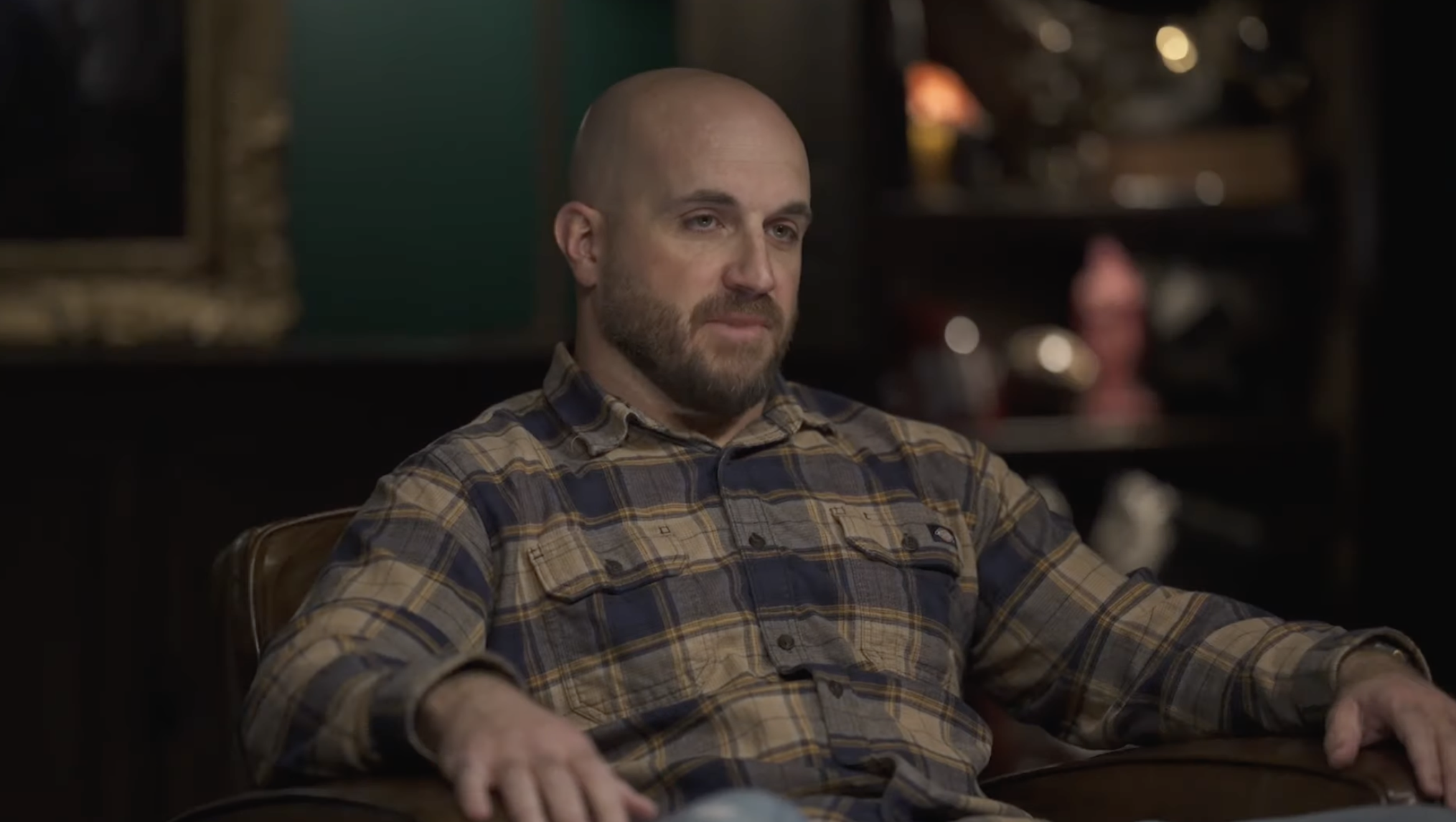






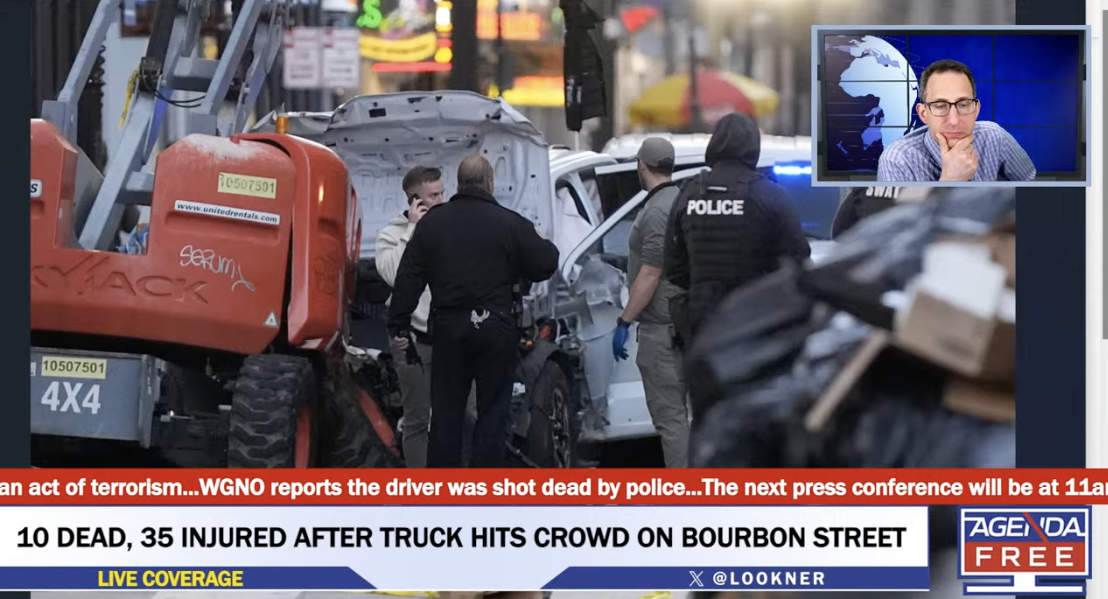
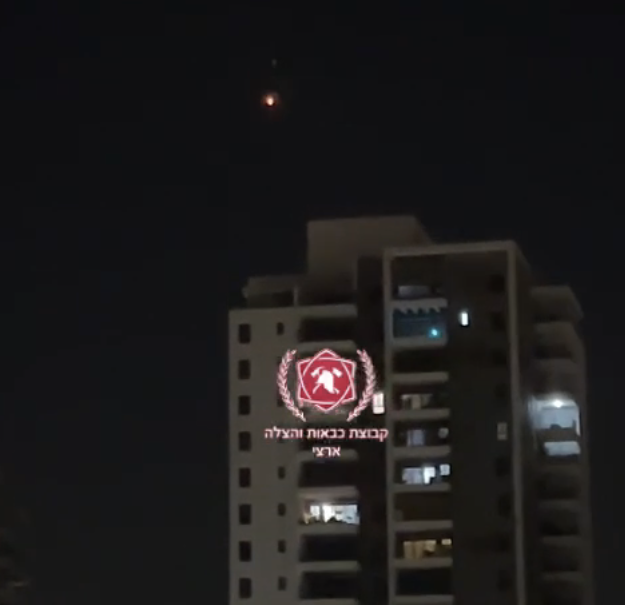
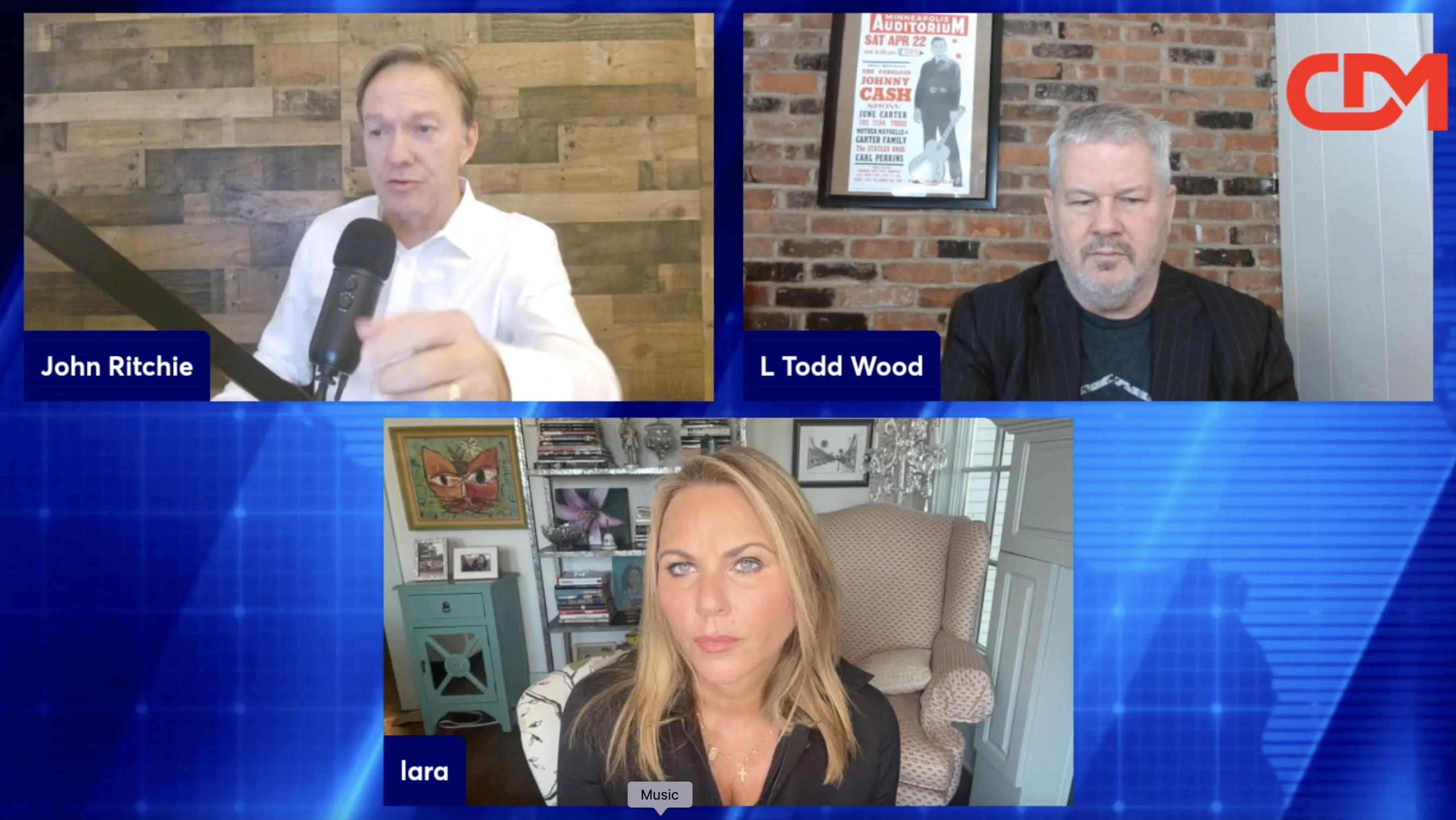
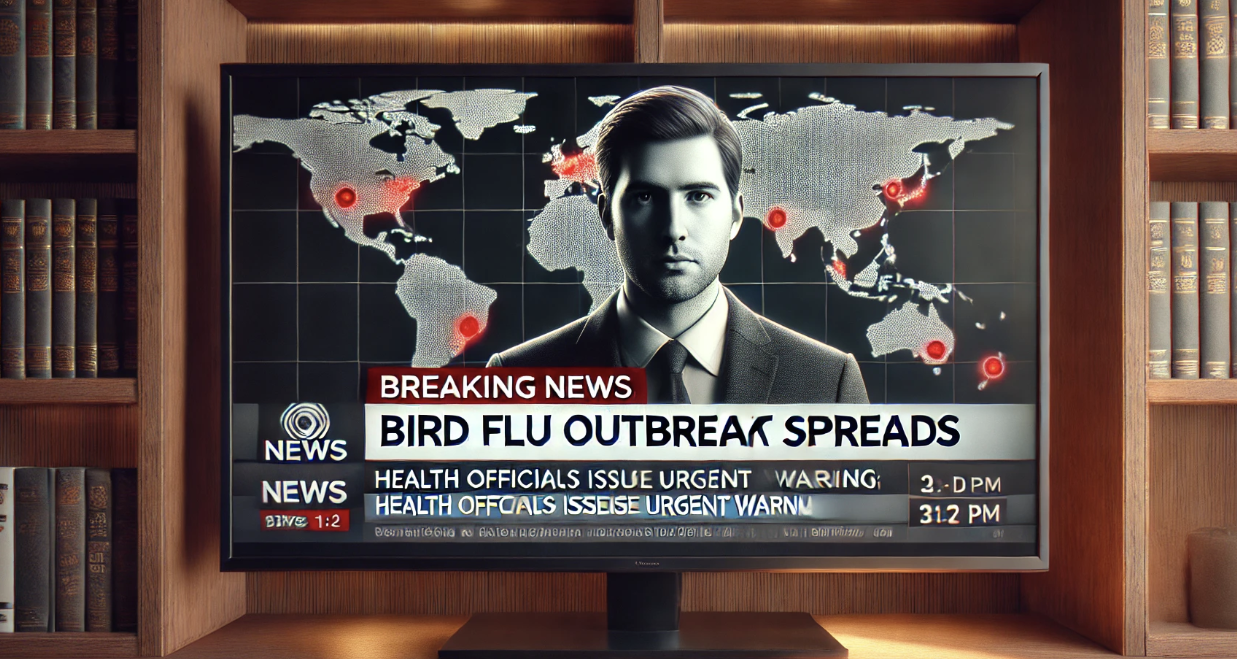



I was under the impresson that the US was out of the business of meddling into the business of other countries. It appears that we are still at it in Venezuela. If there is a problem in South American let the Ssouth Americans hondle it.